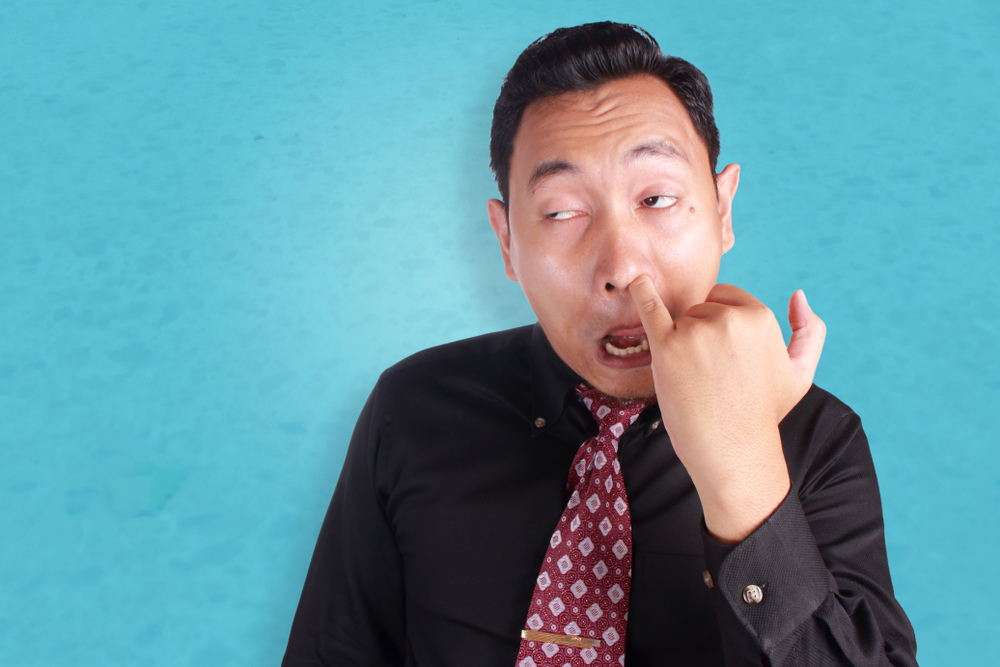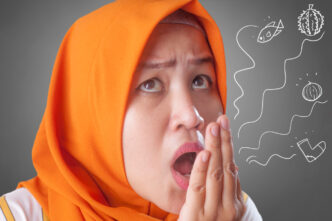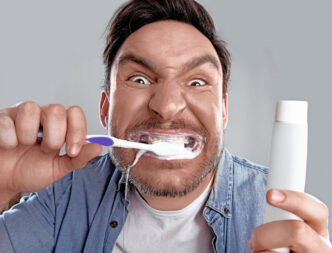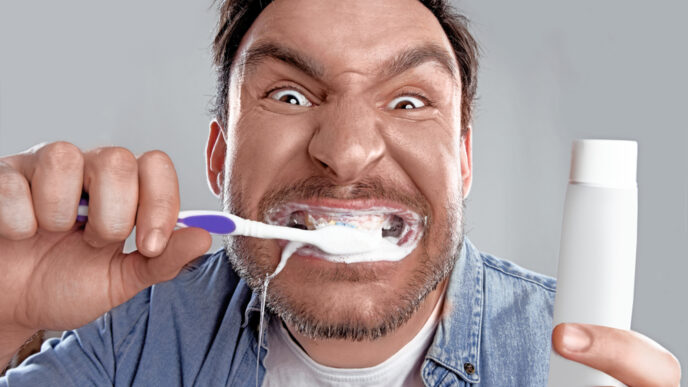We’ve all seen it. Most of us have done it – picking our nose and maybe even giving the booger a taste test. However, is this age-old habit harmless… or horrifying? Professor Dato’ Balwant Singh Gendeh, a senior consultant ENT surgeon, weighs in on the safety of booger digging and dining.
WORDS LIM TECK CHOON
 FEATURED EXPERT FEATURED EXPERTPROFESSOR DATO’ DR BALWANT SINGH GENDEH Senior Consultant Ear, Nose, and Throat (ENT) Surgeon Pantai Hospital Kuala Lumpur |
WHAT IS A BOOGER?
Some call it boogers. Others call it tahi hidung, phī-si, or kakkūs.
According to Professor Dato’ Balwant Singh Gendeh, these solid and sometimes even chewy little souvenirs from a nose-digging expedition are produced by the following process.
- Our nose produces mucus all the time.
- The sticky mucus lines our nasal passages to act as the body’s first line of defence against dust, pollen, bacteria, and other airborne menaces.
- As the mucus traps these invaders and dries out, it forms the substance known as boogers.
ARE BOOGERS SAFE TO EAT?
Professor Dr Balwant says that boogers are quite harmless when eaten.
- The stomach contains hydrochloric acid and digestive enzymes.
- Hence, anything potentially harmful in the boogers, such as bacteria, dust, etc, are very likely neutralized and digested by these substances.
Therefore, while it may not be a good idea to make boogers a regular part of our diet, eating the occasional booger is not a cause for alarm.
HOWEVER, THERE IS ONE REAL PROBLEM TO TAKE NOTE OF
While the occasional booger banquet might be harmless, Professor Dr Balwant cautions that nose-picking can be risky for children with allergies.
“Children with allergic rhinitis often have more fragile nasal tissues,” he notes.
- These children’s nasal linings can be more fragile because of irritation and inflammation from long-term exposure to allergens like dust mites, pet dander, or pollen.
- Constant nose-picking can lead to small tears or sores, which bleed easily and heal slowly.
In severe cases, repeated trauma can lead to nosebleeds, scabbing, or even infection.
What Can Parents of These Children Do?
- Use saline sprays or rinses to keep nasal passages moist and reduce crust formation.
- Manage the child’s allergies with antihistamines or allergy-proofing the home.
- Keep the child’s nails short and clean to minimize damage when they dig their nose.
- Explain the risks to the child in kid-friendly terms (“Your nose is not a gold mine!”).
- Try distracting the child from the habit with toys or other activities.
| This article is part of our series on health advice and tips on issues related to ear, nose, and throat health. |














